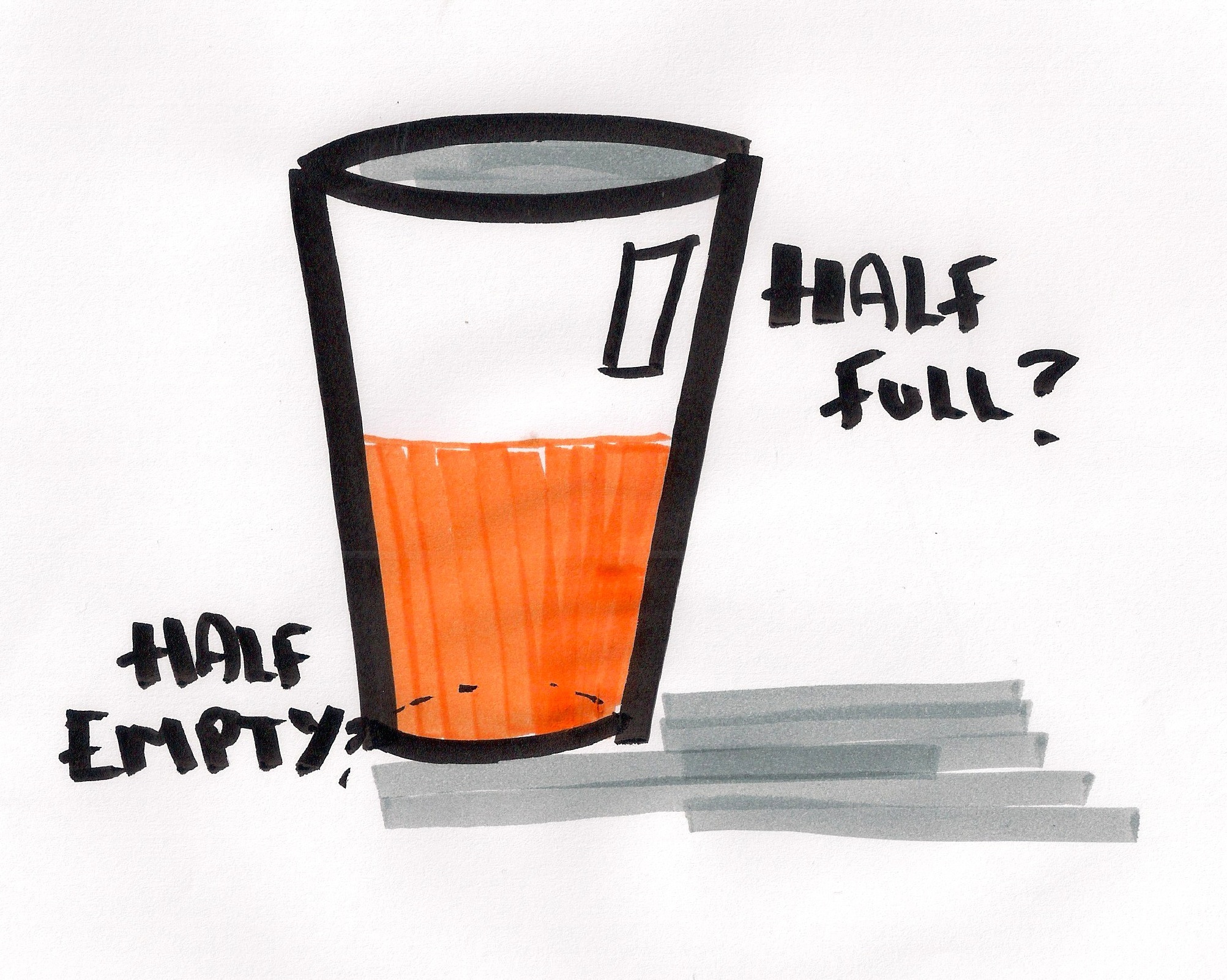A new book, “Rethinking Positive Thinking” by Gabriel Oettingen, Professor of Psychology at New York University, helps shed light on the question of why commitments to action and change can sometimes result in little more than business as usual.
Her research shows that the conventional wisdom of focusing on visualising the stuff that you want to achieve, may actually be counter productive. It seems that positive thinking in isolation might actually erode our ability to knuckle down and take the action needed to overcome the stumbling blocks that are often at the heart of the issue in the first place.
Oettingen has developed a theory she calls “mental contrasting”, whereby people wanting to effect real change are encouraged to visualise both their goals and the obstacles that might get in the way. Her groundbreaking research shows that this is a more effective strategy, as it helps us to get real and make concrete plans that are more likely to succeed.
This sits well with our work at Wild Thinking with high performing teams. Nobody wants to see teams skip out the door of a workshop to discover, a few months later, that they had achieved only a fraction of what they had set out to do. The breakthrough often comes when you help teams to talk honestly and openly about the potential rocks in the road en route to achieving their goals. When you have a strategy in place that anticipates the barriers (the time pressures, the work load, the interpersonal challenges etc.), you have a real recipe for success.
“A glass half full” mindset still counts for a lot, but you can’t afford to let positive thinking cloud your view of reality. If you want to be sure of success, then a dose the “glass half empty” approach may be your best friend.

